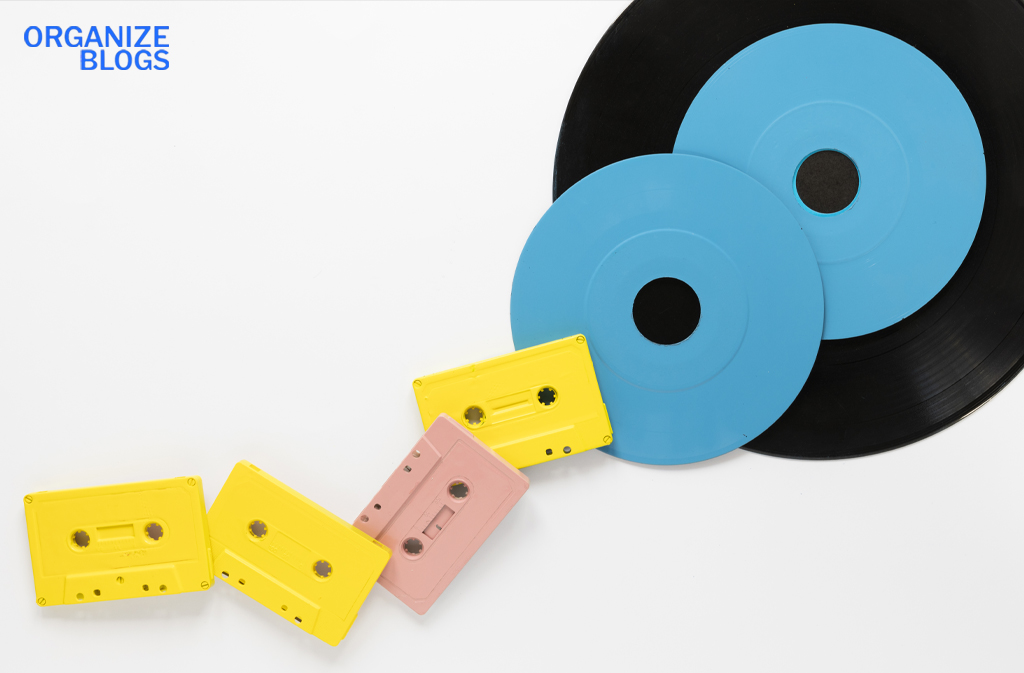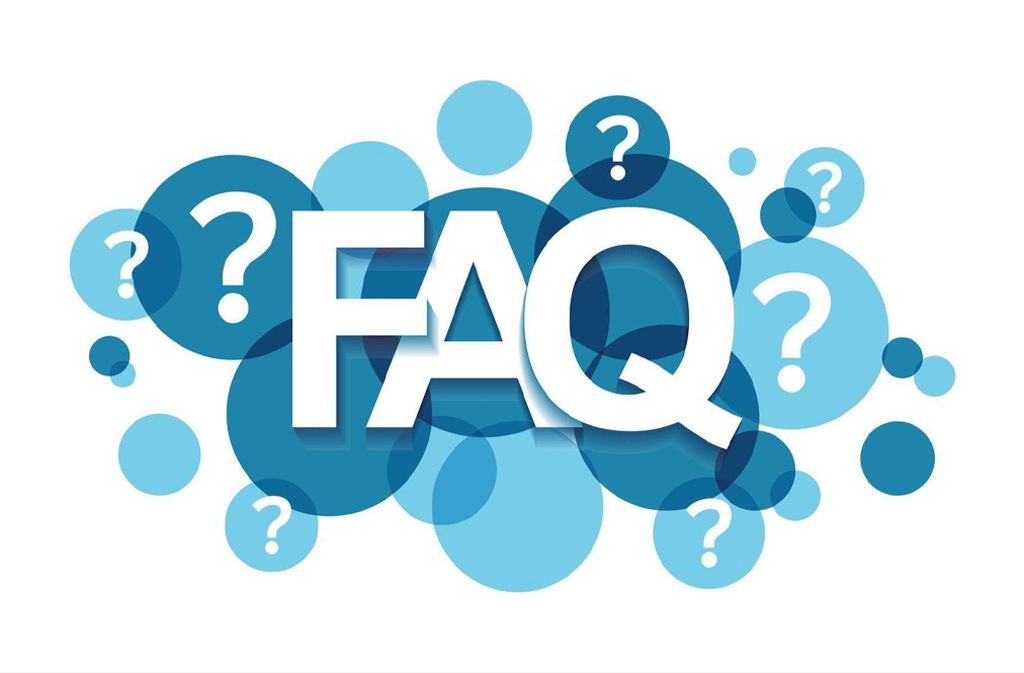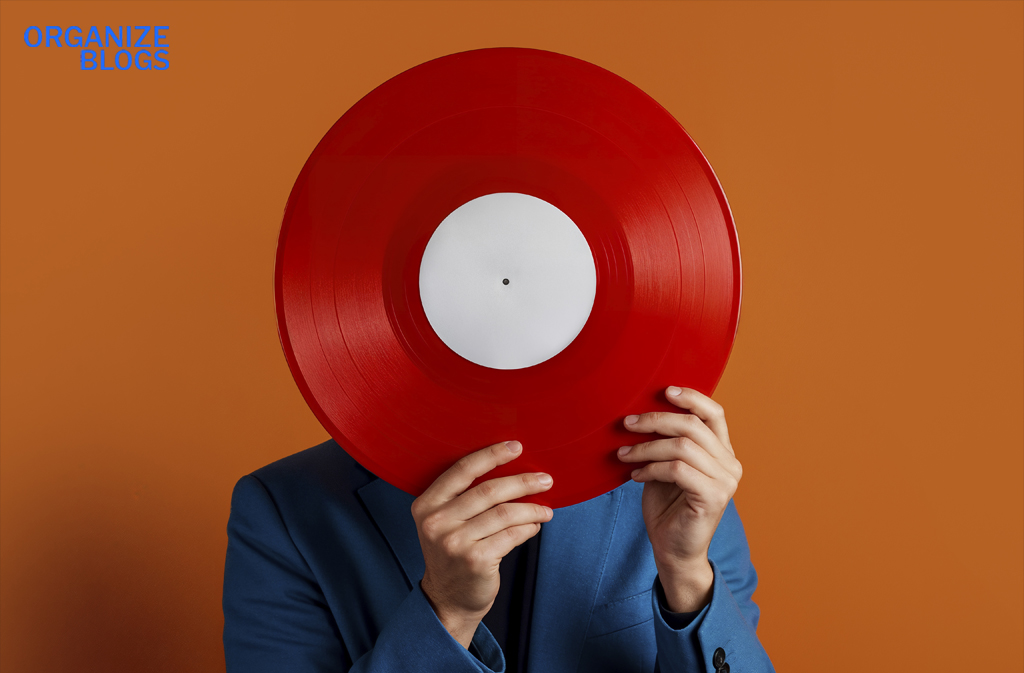Discog meaning is often asked by people who are curious about music collections and how they are organized. The word “discog” usually refers to a discography, which is a complete list of recordings made by a musician, band, or even a record label. For fans, this list makes it easier to explore all the music an artist has released over time.
At the same time, the term is also linked to online platforms like Discogs, a popular site where people buy, sell, and track music records. Because of this, discog meaning can cover both the idea of a discography and the way music lovers use websites to manage their collections. To make things simple, let’s break down the different meanings and why they are important.
Table of Contents
The Basic Discog Meaning in Music
The most common discog meaning is connected to the word discography. A discography is like a music timeline that shows all the songs, albums, and collaborations an artist has done. For example, if you want to see every album released by The Beatles, their discography will provide a full list in order. This makes it easy for fans to follow the journey of their favorite musicians.
In addition, discographies are important because they tell the history of music itself. By looking at a discography, you can see how an artist’s style has changed over time, which record labels they worked with, and even which songs became classics. This makes discog meaning more than just a list—it becomes a way to understand the story behind the music.
Why the Discog Meaning Matters to Fans
Fans often want to know everything about the artists they admire. Discographies allow them to explore hidden songs, rare releases, or even albums that are no longer available. This gives fans a deeper connection with their favorite artists, since they can listen to the full story of their music journey.
At the same time, discographies help collectors organize their own music. Whether someone has vinyl records, CDs, or digital files, keeping track of everything can be hard. By understanding discog meaning, collectors know how to group and list their music so nothing gets lost.
Discog Meaning in the Digital Age
Today, discog meaning has grown beyond just lists in books or magazines. Thanks to the internet, websites and apps can now store complete discographies in one place. This makes it easier than ever for fans and collectors to explore music from anywhere in the world.
For example, the website Discogs is one of the largest music databases online. People use it to buy, sell, and organize music. While the original meaning of “discog” is still tied to discography, platforms like Discogs have made the word even more popular in modern times.
How Discographies Preserve Music History
Discog meaning also connects to preserving music history. Every song and album released is part of cultural history. Without discographies, many old or rare records could be forgotten. By documenting everything, music historians and fans keep the memory of these works alive for future generations.
Furthermore, discographies give credit to all the people involved in making music, not just the singers or bands. Producers, songwriters, and even session musicians often appear in discographies. This ensures their contributions are remembered and valued.

The Role of Collectors in Shaping Discog Meaning
Music collectors play a big role in keeping discographies alive. They not only collect albums but also share information about rare records that may not appear anywhere else. In many cases, collectors contribute to online databases, expanding the knowledge of music history.
Moreover, collectors use discog meaning in practical ways. For instance, they can track which albums they own and which ones they are still searching for. This makes building a complete collection more organized and exciting.
Discog Meaning and Online Communities
Another side of discog meaning is the community that grows around it. Online platforms allow fans, collectors, and even casual listeners to share information about music. These communities help people discover new artists, learn about different genres, and connect with others who share the same passion.
In addition, online discussions often lead to better knowledge about rare records or hidden details in music history. This teamwork makes the discography more complete and accurate for everyone.
How to Explore Discographies Yourself
Anyone can start exploring discographies. The first step is to choose an artist you love and search for their full list of albums. This can be done through official websites, fan pages, or platforms like Discogs. Once you see the complete timeline, you will notice patterns in the music and discover songs you might have missed.
As you continue, you might feel inspired to build your own music collection. With discog meaning in mind, you can create lists of albums you want to own, mark which ones you already have, and even trade with others to complete your set.
The Future of Discog Meaning
Looking into the future, discog meaning will likely keep expanding. As technology grows, more tools will be available to organize music collections, from AI-powered databases to apps that scan and list your records automatically. These improvements will make exploring discographies even easier.
At the same time, the passion of fans and collectors will remain the same. No matter how advanced technology becomes, the love for music and the desire to preserve it will always give discog meaning a special place in people’s hearts.
Final Thoughts
Discog meaning is simple but powerful. It explains the idea of a discography while also representing how music lovers connect with collections today. For fans, it is a way to discover everything an artist has created. For collectors, it is a tool to organize and protect valuable music history.
By understanding discog meaning, we gain a deeper respect for both music and the people who keep it alive. Whether you are a casual listener, a serious collector, or someone just beginning your journey, discographies offer a path to explore the beauty of music in all its forms.

FAQs
1. What does discog meaning refer to in music?
Discog meaning usually refers to a discography, which is a complete list of all recordings made by a musician, band, or record label. It helps fans and collectors see the full history of an artist’s music.
2. Is discog the same as Discogs?
No, they are slightly different. “Discog” relates to discography, while “Discogs” is an online platform where people buy, sell, and organize music collections. However, the two are often connected since both deal with music records.
3. Why is discog meaning important to collectors?
Collectors use discographies to track which albums they own and which ones they are missing. It keeps their collections organized and also helps them search for rare or valuable records.
4. How can I find an artist’s discography?
You can find discographies on official artist websites, fan pages, music history books, or platforms like Discogs. Searching online is usually the easiest way to get a complete list.
5. Does discog meaning include singles and collaborations?
Yes, a full discography often includes albums, singles, collaborations, and even live recordings. This ensures that the entire body of an artist’s work is documented.
Visit our website: Organize Blogs

